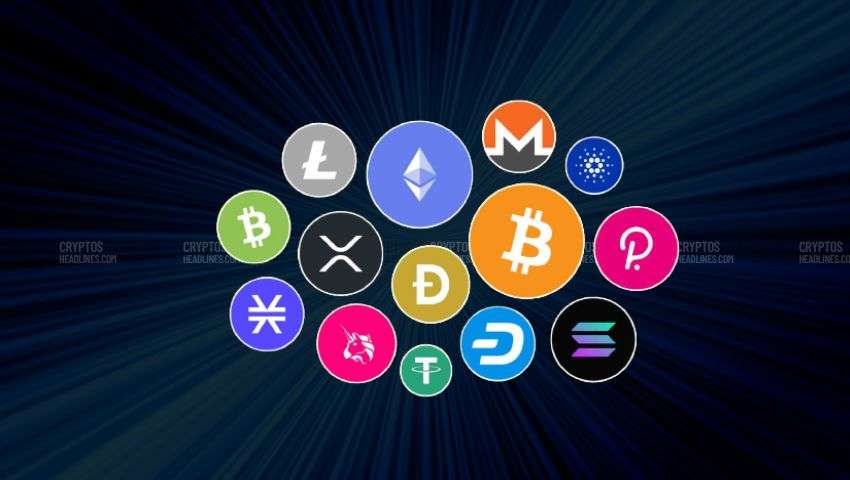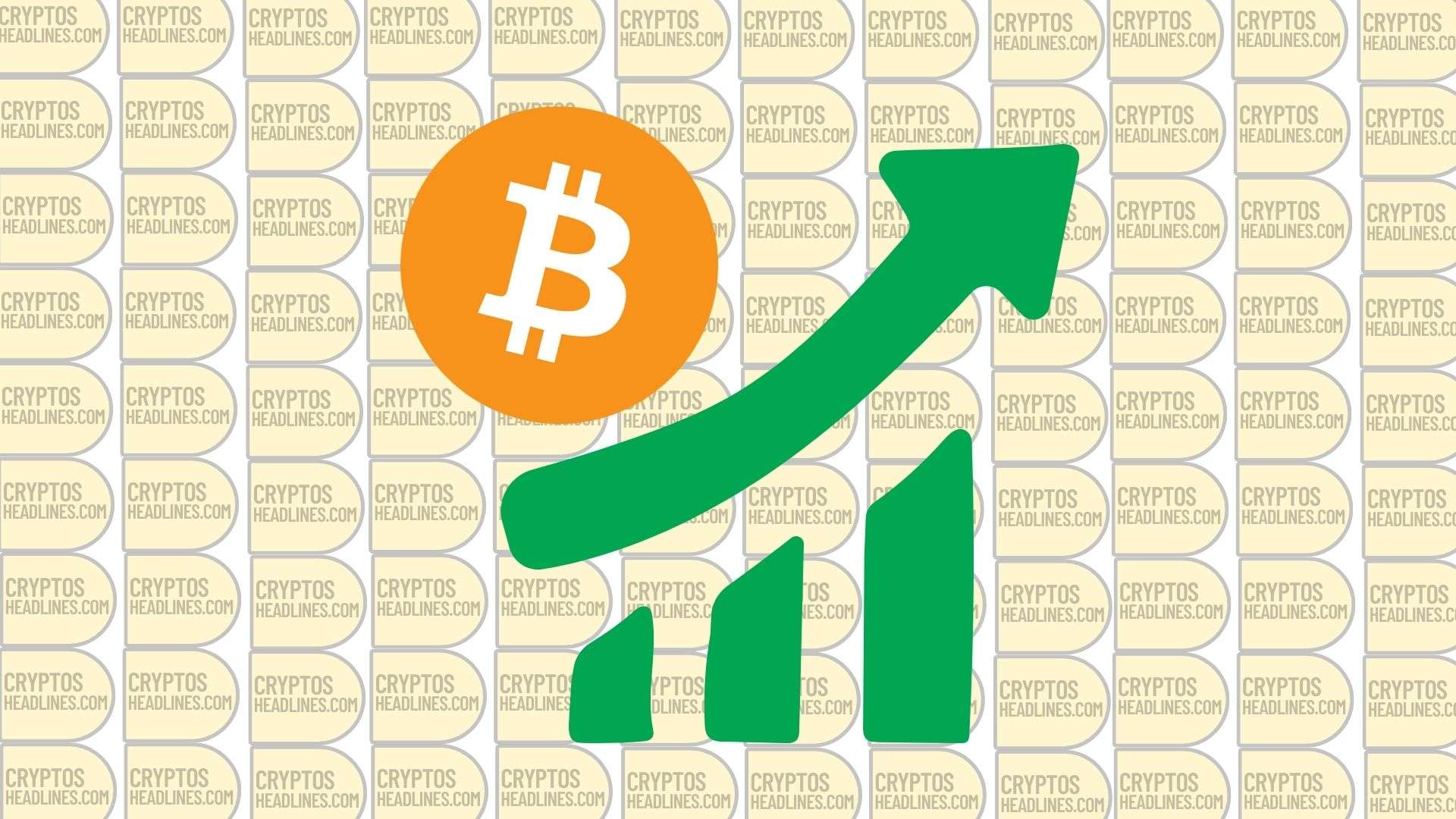Crypto entrepreneur Balaji Srinivasan cautioned on social media that authorities in the U.S. and other countries might attempt to force tech companies like Apple and Google to extract private keys from devices and apps they oversee. Srinivasan believes this could be done to transfer funds to governments in need of cash.
Balaji Srinivasan fears : Apple and Google might be able to retrieve private keys from iPhones and Android devices.
Balaji Srinivasan, former CTO of Coinbase, suggests that if owning enough Bitcoin becomes a significant political concern in the future, financially struggling governments might try to seize some of people’s cryptocurrency holdings.
According to Balaji Srinivasan’s tweet on Friday, although the United States may not currently have the capability to execute a traditional 51% mining attack, it could potentially attempt to force companies like Apple and Google to search for private keys on their servers, devices, and browsers. The goal would be to confiscate any stolen funds and direct them to the cash-strapped federal government.
Apple and Google are systemic risks to crypto.
If weaponized by the federal government, they could backdoor iPhone and Android to exfiltrate private keys.
— Balaji (@balajis) May 19, 2023
The entrepreneur described the situation as cyberwar rather than cyberterrorism, highlighting instances where CEOs of companies issued orders to hack their own customers. He referenced a specific incident involving millions of Russians in the spring of 2022, where various tech companies turned against their former customers. Additionally, he hinted at a potential target for such actions.
The scale we’re discussing involves billions of iPhones, Android phones, Mac laptops, Chrome browsers, as well as Google Docs and Gmail. Similarly, China could employ a similar approach with Chinese smartphone manufacturers.
According to Balaji Srinivasan, if the operating system itself cannot be trusted, the situation becomes complicated. He suggests that Linux could be used as an alternative, but he acknowledges that Linux-based devices may not be able to accommodate the necessary scalability in time. Srinivasan also mentions that exchanges built on Linux could be a potential solution, but he highlights that these exchanges are custodial and could still be susceptible to similar attacks.
While I don’t have all the solutions, my aim is to prompt the question and encourage us to begin contemplating the matter. It’s conceivable that the answer may involve social or political factors, rather than solely relying on technology.
In early May, Srinivasan ended a bet prematurely where he predicted that the price of Bitcoin would reach $1 million by mid-June due to the hyperinflation of the U.S. dollar. In a blog post, he mentioned that he sacrificed a significant amount to convey the message that trillions of dollars are being printed. He further warned that the world is not only encountering a financial crisis but also a crisis concerning traditional currencies, with a potential meltdown that could surpass previous ones.
Important: This article is intended solely for informational purposes. It should not be considered or relied upon as legal, tax, investment, financial, or any other form of advice.













